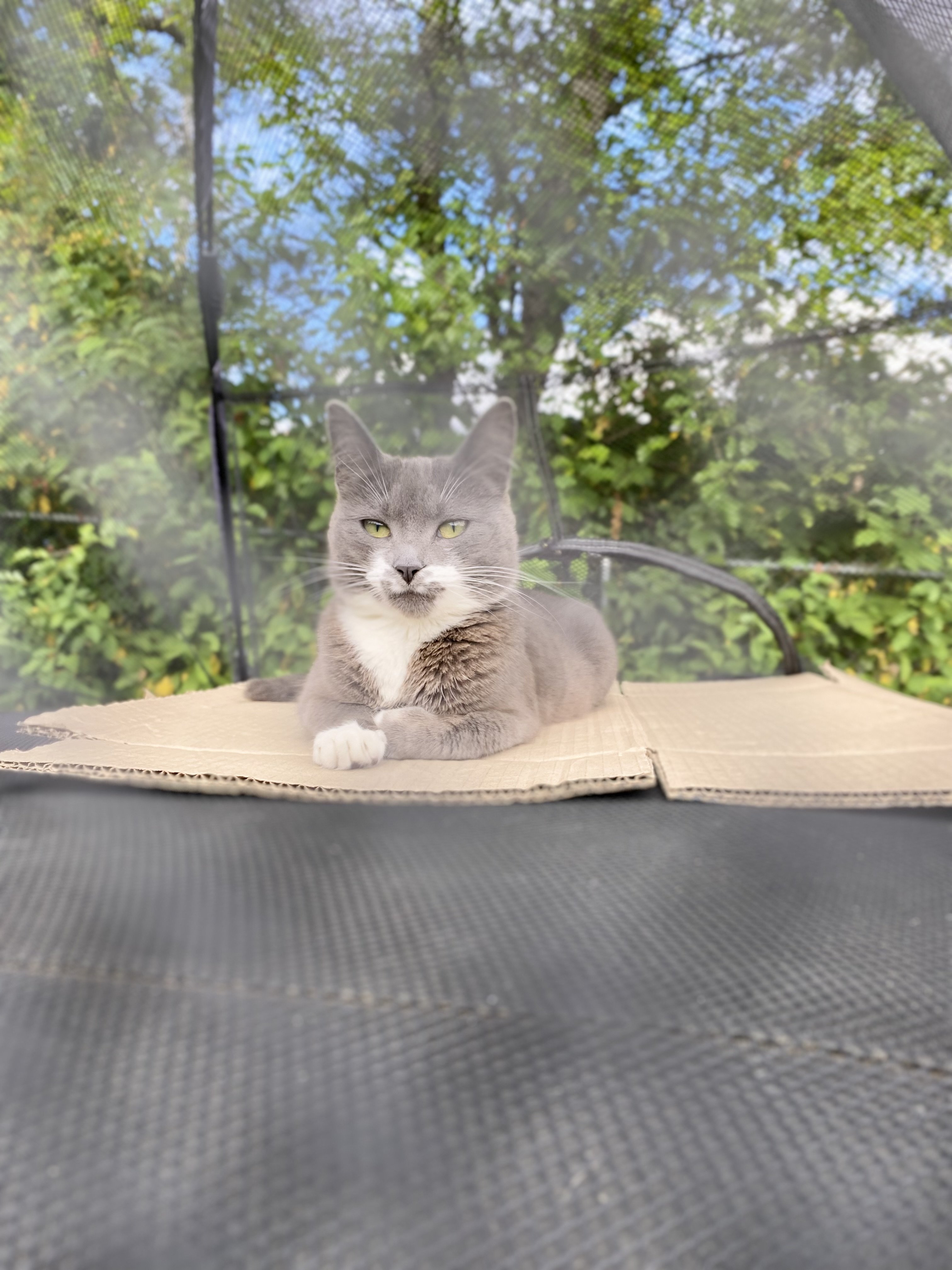A rising movement of artists and authors are suing tech companies for training AI on their work without credit or payment
While I do think it’s technically possible and the right thing to do to determine what original works were used in derivative art to pay royalties, the reality of the situation is that those payments would be a small fraction of what they make now since the whole point of generative art is to be able to reproduce derivative works for a fraction of the cost. Unless the demand for art increases proportionately with the decreased cost, which it can’t, compensation with decrease, and as more art goes into the public domain the compensation will decrease further.
This will not save artists and they need a back up plan. I think the future of art will probably be that artists will become more like art directors or designers who are responsible for having good taste, not producing the original work, but even that will have greatly diminishing demand as generative AI will handle most basic needs.
Sorry, fixed the URL.
The URL just goes to an image. Can you put it into a comment or something?
Thank you!
While I recognize the AI art is quite obviously derivative and considering that ML pattern matching requires much more input, there’s argument that it’s more derivative, I really struggle to grasp how humans learning to be creative aren’t doing exactly the same thing and what makes that ok (except of course that’s ok).
Maybe it’s just less obvious and auditable?
I believe with humans, the limitations of our capacity to know, create, learn, and the limited contexts that we apply such knowledge and skills may actually be better for creativity and relatability - knowing everything may not always be optimal, especially when it is something about subjective experience. Plus, such limitations may also protect creators from certain claims about copyright, 1 idea can come from many independent creators, and can be implemented briefly similar or vastly different. And usually, we, as humans, develop a sense of work ethics to attribute the inspirations of our work. There are other who steal ideas without attribution as well, but that’s where laws come in to settle it.
On the side of tech companies using their work to train,
AIgen tech is learning at a vastly different scale, slurping up their work without attributing them. If we’re talking about the mechanism of creativity,AIgen tech seems to be given a huge advantage already. Plus, artists/creators learn and create their work, usually with some contexts, sometimes with meaning. Excluding commercial works, I’m not entirely sure the productsAIgen tech creates carry such specificity. Maybe it does, with some interpretation?Anyway, I think the larger debate here is about compensation and attribution. How is it fair for big companies with a lot of money to take creators’ work, without (or minimal) paying/attributing them, while those companies then use these technologies to make more money?
EDIT: replace AI with gen(erative) tech
The title makes it seem like AI is demanding compensation.
YOU HAVE TAUGHT US. NOW YOU MUST PAY US.deleted by creator





